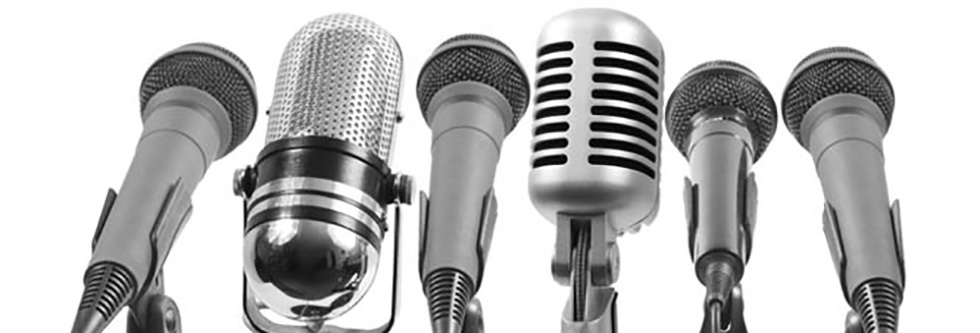On a recent morning, while watching the Today show, I was quite surprised to hear that “glottal fry” has become a fashionable way of speaking. What we hear influences how we speak. Evidently, speaking with “glottal fry” has become popular with certain pop culture icons.
What is “glottal fry” you ask? A reasonable question as typically it has been a term used by Speech Pathologists to classify an unhealthy voice characteristic that can lead to vocal pathology, such as vocal nodules.
What Does Glottal Fry Sound Like?
To the listener, “glottal fry” sounds like a raspy, croaking, frog-like voice quality. It usually occurs at the end of a phrase or long sentence. Physiologically, the vocal folds are vibrating very slowly. There is a very loose closure of the glottis (the space between the vocal cords) that allows air to escape through the opening and to create a hoarse, croaking sound of a very low frequency, called “glottal fry”. The occasional use of glottal fry will not result in any vocal problems. However, when used excessively, fatiguing and straining of the vocal cords can result in vocal nodules.
In my practice, it has been my experience that most people are unaware that they are speaking with pronounced “glottal fry”, which was why I was quite surprised to learn that it had become a voice fad. Although “glottal fry” is a more prevalent pattern in young women, I’ve also worked with many men who have the same voice pattern.
In addition to the physiological repercussions of “glottal fry”, there are unfavorable communication implications that result from this manner of speaking. Speaking with “glottal fry” undermines the impact of your message. It appears that you have run out of breath, or that you don’t have the energy or enthusiasm to support your ideas. Your voice sounds weak and lacks the authority of your convictions.
Speaking With Fry Can Become Unhealthy Habit
Speech and voice go hand in hand. I am an enthusiastic proponent of good speech, but without the accompanying healthy, strong,and appropriate use of your voice, you will not be an effective speaker. To avoid falling into the habit of speaking with “glottal fry”, try to pause more as you speak so that you don’t run out of air. When you get to the end of an utterance, elevate your pitch slightly. The key word is “slightly” as too much of a pitch increase will result in “up speak” – which is a topic for another day!
Don’t take your voice for granted and remember that ending your sentences on a strong, clear note makes for a more powerful and confident speaker!









Leave a Reply